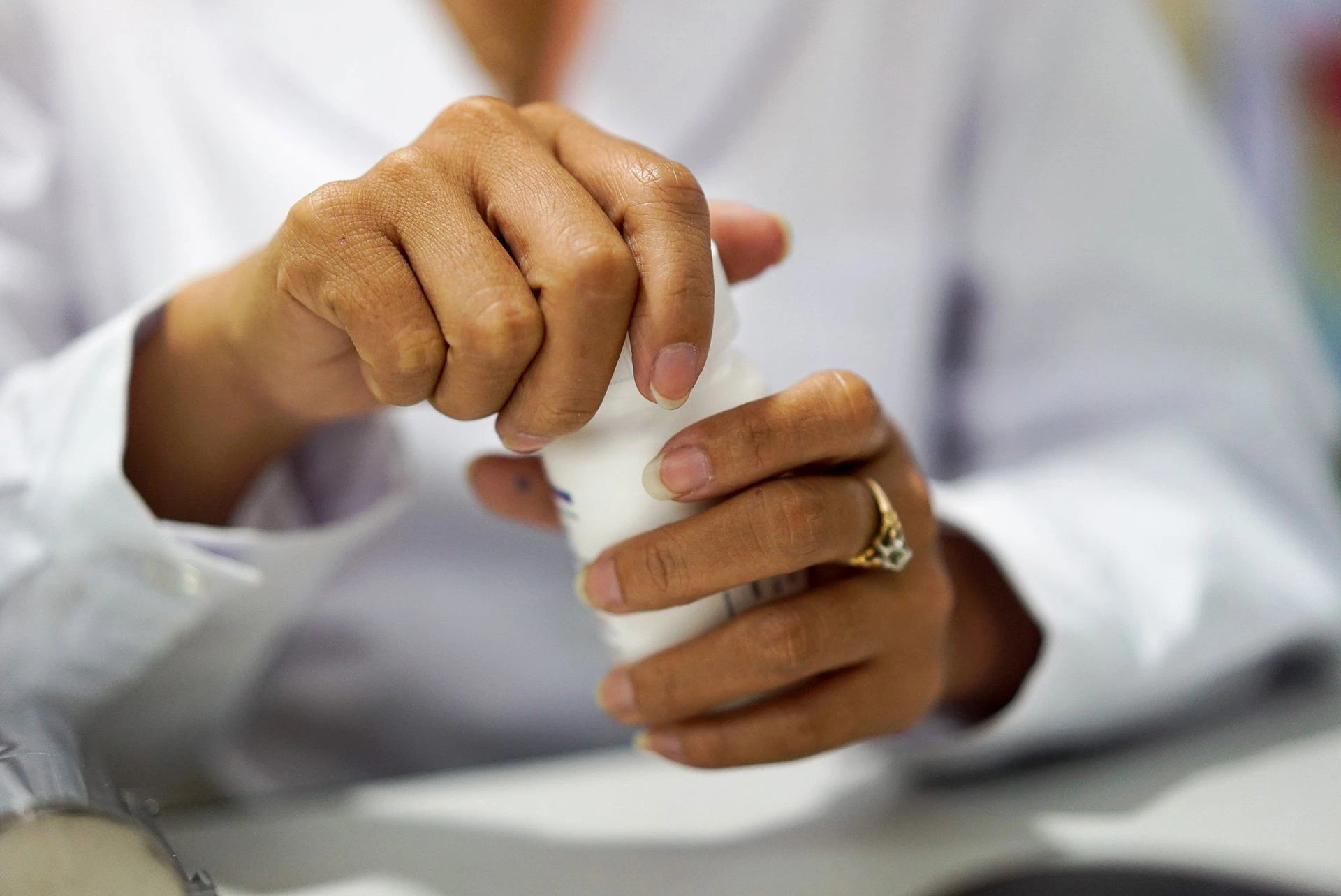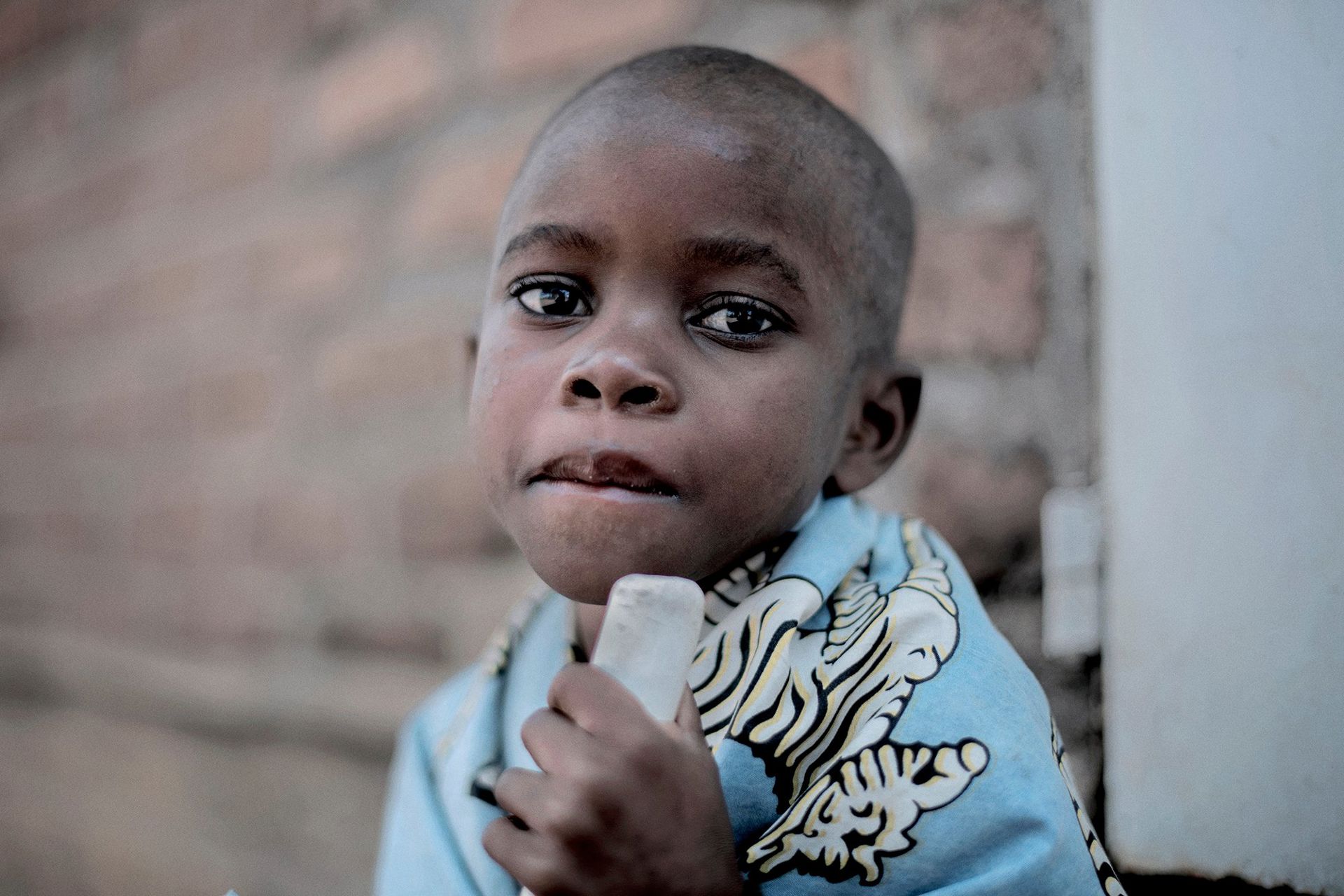Unjust monopoly blocks access to treatment for millions of people with hepatitis C
The Chinese Patent Re-examination Board (PRB) held a vital public hearing today on Médecins Sans Frontières’ (MSF) request to invalidate the patent granted to US pharmaceutical corporation Gilead Sciences for the oral hepatitis C medicine velpatasvir. This patent is being challenged by MSF on the grounds that it does not fulfil the legal or scientific criteria set by Chinese patent law under World Trade Organization (WTO) rules.
Velpatasvir, a direct-acting antiviral drug (DAA), is one of the key medicines used in combination with another DAA – sofosbuvir – for the oral treatment of all six major genotypes of the hepatitis C virus. Its effectiveness as a well-tolerated cure for all types of the disease makes it a crucial drug in the effort to eliminate hepatitis C. Although some of the key blocking patents on sofosbuvir have been removed following opposition procedures, the patent on velpatasvir prevents the supply of affordable generic versions of the combination treatment.
“Currently, an undue patent prevents access to an affordable cure. Without generic DAAs, the vast majority of people living with the disease in China either do not have access to treatment or have to take older treatments that need to be injected, cause severe side effects and have low cure rates,” said Gaëlle Krikorian, Head of Policy for MSF’s Access Campaign. “Access to affordable oral hepatitis C drugs is critical for the national programme in China to be able to treat 7.6 million people with hepatitis C. China’s capacity to produce raw materials and finished products can make a big difference in the provision of newer hepatitis C drugs, benefitting affected people in China and beyond.”
While Gilead charges exorbitant prices in many countries where patent barriers exist – with sofosbuvir originally priced at US$1,000 per pill in the United States, or $84,000 per 12-week treatment – prices are rapidly falling in countries where generic versions are available. In China, Gilead’s sofosbuvir and velpatasvir combination is priced at approximately $10,000 (RMB 69,600) per 12-week treatment, while in countries where generics are available, that same treatment costs around $285 (RMB 1,972) and sofosbuvir can be purchased for less than $100 (RMB 692).
In Cambodia, one of the countries where MSF is using affordable generic versions of new oral hepatitis C drugs, the organisation has treated nearly 8,000 patients since 2016. MSF’s project is also striving to demonstrate the feasibility and cost-effectiveness of a simplified model of hepatitis C care.
“Access to generic oral drugs has transformed the lives of people living with hepatitis C in Cambodia,” said Mickael Le Paih, MSF’s Head of Mission in Cambodia. “While Gilead claims that it strives to address unmet medical needs for patients living with life-threatening diseases such as hepatitis C, the prices for its drugs simply put them out of reach. This is unethical and cynical. Despite the fact that a cure has existed for nearly five years, nearly 68 millions of people with hepatitis C in China and around the world continue to suffer and die.”
Over the past few years, several patents concerning sofosbuvir in China have been rightly rejected or revoked by the State Intellectual Property Office (SIPO), opening up opportunities for China to introduce more affordable generic versions of DAAs. Gilead’s patent applications and granted patent claims on DAAs have been challenged in many other countries, including India, the United States, Brazil, Ukraine and Russia, and in the European Union. These efforts have paved the way for increased competition among generics producers, which has brought prices down and improved access to treatment for people who need it.
---------------------------------------
MSF treats people with hepatitis C in 9 countries: Belarus, Ukraine, Pakistan, Uzbekistan, India, Myanmar, Cambodia, Kenya and Mozambique. Since 2015, MSF has provided DAA treatment to over 17,000 people with hepatitis C.




